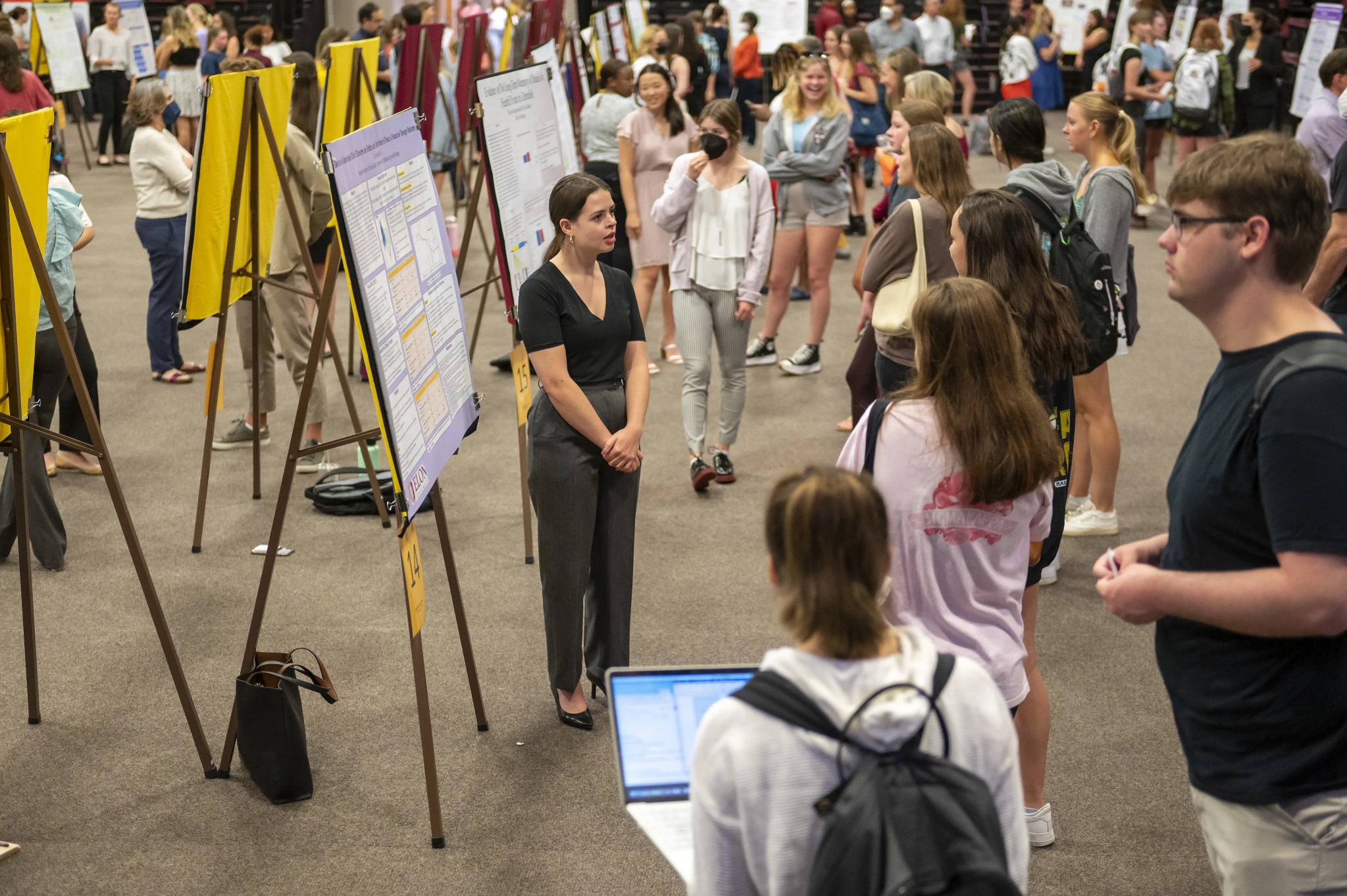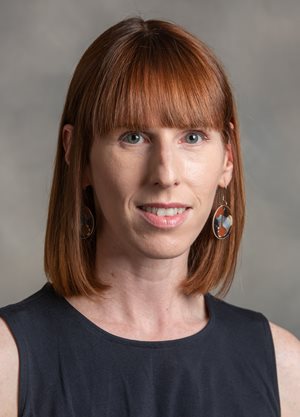The peer-reviewed study, “‘The Perfect Controlled Experiment’: The Impact of Abortion Clinic Closures on Teenage and Adult Reproductive Outcomes in Texas,” was published in a special issue on health inequalities and access to healthcare.

How will the end of Roe v. Wade impact reproductive outcomes for teenagers? Prior restrictive abortion laws in Texas offer a glimpse into the likely consequences of Roe’s demise.

Rena Zito, associate professor of sociology, and Elon University alumna, Kaylynn Hiller ‘22, used quasi-experimental methods to study the causal effect of 2013 and 2014 Texas clinic closures on teenage and adult reproductive outcomes. The peer-reviewed study, “‘The Perfect Controlled Experiment’: The Impact of Abortion Clinic Closures on Teenage and Adult Reproductive Outcomes in Texas,” was published in a special issue on health inequalities and access to healthcare in the journal Sociological Imagination.
Zito and Hiller used difference-in-difference analysis to estimate the causal impact of Texas’s clinic closures on teenage and adult abortion and birth rates under different driving burden conditions (25-49 vs. 50-99, vs. 100+ mile increases), using data from the Texas Department of Health and Human Services, the CDC, and U.S. Census Bureau. Given the overarching trend towards fewer teenage pregnancies and abortions over time, their study examined whether the rate of decline was greater (for abortion rates) or weaker (for birth rates) in Texas counties more profoundly impacted by clinic closures relative to counties with unaffected access.
They found that Texas’s clinic closures reduced the rate of legal, medically managed abortions to people residing in counties where the distance to the nearest clinic increased by 50 miles or more, regardless of the age group under investigation. Thus, even modest increases in driving burden alter abortion rates. Consistent with hypotheses, their abortion results highlight the heightened vulnerabilities of teenagers, relative to adults, under restrictive policies, as the effect of increased driving burden was observed to be more extreme among teenagers.
Hiller developed the idea for this study while taking Zito’s Quantitative Research Methods course. Zito and Hiller compiled the necessary data, completed the analyses, and wrote the manuscript over several semesters, and they presented preliminary analyses at the Eastern Sociological Society conference in 2022. Kaylynn Hiller graduated from Elon University in 2022. She majored in Public Health and Anthropology with minors in Biology and Human Service Studies. As an undergraduate, she pursued multiple research projects regarding reproductive healthcare and the complex barriers restricting access. Following graduation, she began work as a Clinical Research Coordinator to help develop new medications.


